O Rhetoricians, Where Are Thou?*
A good six centuries after it manifested itself in Flanders and the Netherlands, the rhetorical tradition there seems to be enjoying a modest revival. Journalist Michiel Leen spent a few evenings in the good and fine company of language and literature lovers who, in the era of podcast and poetry slams, are adding a new chapter to this creative history.
“Is that a service club or something?” The barman of the Bruges hotel looks up in surprise as, on the first Saturday evening in June, the lobby fills with the cheerful chatter of a gathering of distinguished men and women from the Low Countries. The fortieth International Congress of Rhetoricians (rederijkers) is arriving. “It’s a gathering of rhetoricians”, I say, not sure whether the term will ring a bell or not. It does, “Oh my, the rhetoricians. That’s going back a long way, that was in high school. Do they still exist?”
They certainly do, judging by the turnout in Bruges. But as not everyone will have paid as much attention at school as our smart barman, perhaps we should explain who exactly the rhetoricians were. We went to hear what Willy De Meyer had to say. A decades-long champion of the rhetorical tradition in Flanders, De Meyer only recently passed on the leadership of the Bruges chamber of the Companions of St Michael to his successor.
De Meyer is an authority. A real rhetorician. I mean, your reporter can still mouth along to the first two lines of that medieval classic, the Egidius song*, but that’s all. Not so De Meyer and his colleagues. They can recite the whole thing without any hesitation. They were gheselscap goet ende fijn (good and fine company).
“In the Low Countries, the rhetoricians boast a tradition that goes back to the fifteenth century”, explains De Meyer. “They originated in the archers’ guilds, which used to organise large feasts requiring texts and entertainment. Little by little the poetic activity acquired an independent existence, in separate chambers of rhetoric. The heyday of rhetorical art was in the sixteenth century, when you could find chambers in present-day French Flanders, Flanders and the Netherlands.
Willy De Meyer, rhetorician from Bruges: ‘In the Low Countries, the rhetoricians boast a tradition that goes back to the fifteenth century’
In central cities like Bruges, there were main chambers that patronised the chambers in their region. There were interruptions in their history. Societies like these were banned in the Napoleonic era and many chambers actually disappeared. Others remained in existence, with alternating periods of activity and dormancy. Often they evolved into drama societies. You can see a legacy of this in the annual Landjuweel, which is now, under the auspices of the non-profit OPENDOEK, a tournament for amateur dramatic societies in Belgium. Nonetheless, the term landjuweel (literally ‘jewel of the land’), tournaments during which the various chambers of rhetoric competed with each other, clearly comes from the rhetorical tradition.” The aim was to outdo each other with texts and language forms. The rhetoricians’ poetry is best known for its fixed-verse form, with a predilection for sonnets and rondels, as well as even stricter forms such as retrograde poems (in which lines of verse can also be read backwards) and acrostics (in which the first letters of each line or stanza form a word or a sentence together).
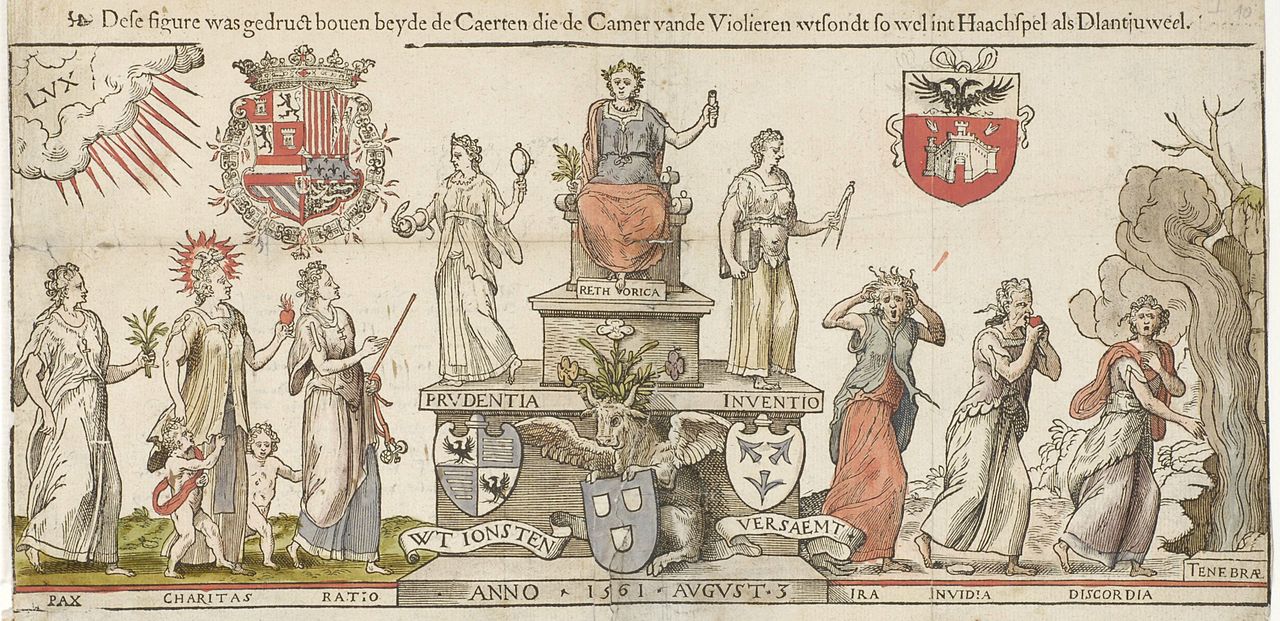 Printed invitation to other chambers of rhetoric by the Antwerp Violieren, for a Landjuweel event, lasting 19 days, in 1561
Printed invitation to other chambers of rhetoric by the Antwerp Violieren, for a Landjuweel event, lasting 19 days, in 1561© Wikipedia
Thorn in the side
The rhetoricians also contributed to the prestige of their hometowns. And cost was not an issue. De Meyer relates with relish the tale of Het Roosjen, a chamber in the city of Tielt, in West Flanders, which was away from home for a good six weeks in the seventeenth century, upholding the honour of Tielt at a tournament in Ghent, a farce which left a hole in the town’s coffers that is recorded in the historical town accounts.
The relationship between the chambers of rhetoric and the authorities was also often complicated for non-financial reasons. The rhetoricians were first and foremost exponents of an emancipating bourgeoisie, and their mischievous criticism of state and church was often a thorn in the side of the authorities. In Antwerp, it got to the point where the local chamber’s texts had to be approved by the authorities before they could be performed. In fact, the debacle of the Antwerp City Poet in 2022, whereby five city poets resigned after a poem by one of them was refused, has historical precedents.
Nonetheless, the rhetoricians mainly went down in history as merry, occasional poets, hence the expression rederijkers, kannekijkers (rhetoricians, drinking pals or, in other words, heavy drinkers), and Jan Steen’s paintings full of poetry-spouting party animals. “For a long time, the rhetoricians’ poetry was not taken seriously because of this perception”, says De Meyer. “It was a popular art form, practised not by professionals but by amateurs. Yet the significance of rhetoric for the importance of Dutch as a fully-fledged cultural language should not be underestimated.” From the mid-sixteenth century, a movement emerged in the Low Countries to elevate Dutch (again) from a vernacular to a formalised language in which, for example, science, art and literature could also be practised. Some of the rhetoricians’ chambers took the lead in this.
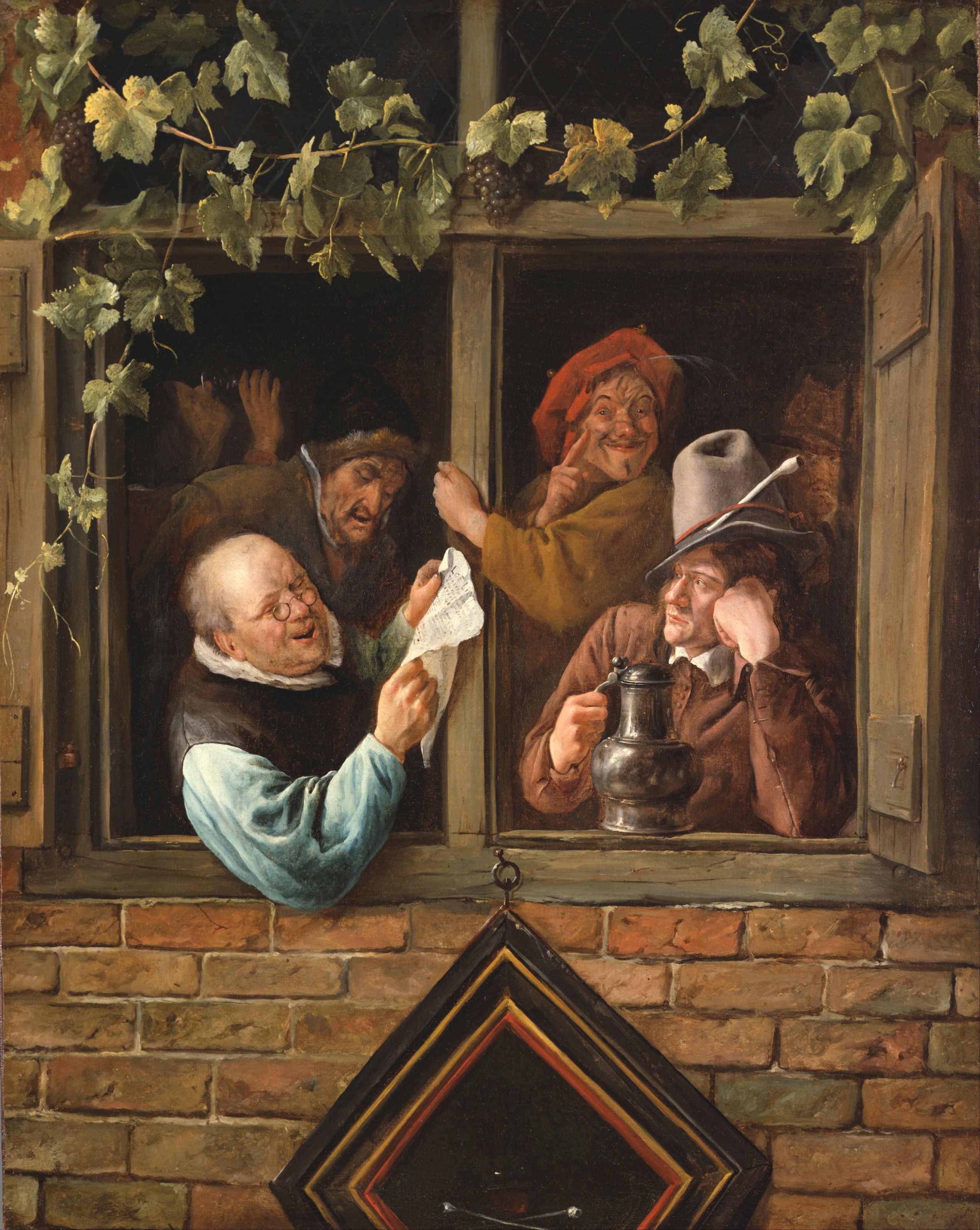 Rhetoricians at a Window, a seventeenth-century painting in which Jan Steen alludes to the saying ‘rhetoricians, drinking pals’ (rederijkers, kannekijkers)
Rhetoricians at a Window, a seventeenth-century painting in which Jan Steen alludes to the saying ‘rhetoricians, drinking pals’ (rederijkers, kannekijkers)© Philadelphia Museum of Art
Since the 1980s, a Flemish-Dutch association of chambers of rhetoric has kept the tradition going, the annual highlight being the congress, which takes place alternately in Flanders and the Netherlands. In Bruges, we got a sample of what today’s “classical” rhetoricians can do. Pleasure in the language is foremost. So, be prepared for recitalists in cassocks performing their versions of some evergreens by the nineteenth-century Flemish poet Guido Gezelle, or endless opening and closing verses with scabrous merriment embedded in the rhymes. How long would you keep it decent if you had to rhyme a word with lick?
It sparkles with the fun of language, the rhymes jingle and tinkle, a witticism is never far away
Despite the flaunting of titles and charters, medallions and honour ribbons, there is something unpretentious about the rhetoricians’ art. It sparkles with the fun of language, the rhymes jingle and tinkle, a witticism is never far away. It is a relief to hear the language resound like that, against the tyranny of the ubiquitous colloquial Flemish and Flenglish or Dunglish. And, at least as important, the rhetoricians are not concerned with reciting poetry from the old days but continue to write new texts and scenes today.
Het Vreugdendal
The rhetoricians also have something to celebrate at the Bruges congress, a “new” chamber is being established. Het Vreugdendal chamber in Breda is being reinstated. The stalwarts of the project are Martin Rasenberg and poet Bauke ‘Freiherr’ van Halem. Should we take this Freiherr seriously? The last person to claim that particular German aristocratic title in this bit of the world was chasing Biggles and his friends through the skies above the Westhoek in a red Fokker triplane, a hundred years ago. And see how Manfred von Richthofen – alias the Red Baron – ended up. Fortunately, Freiherr van Halem turns out to be a much more likeable figure. Together with Rasenberg, who is the manager of the beguinage in Breda as well, he decided to revive the ancient chamber Het Vreugdendal. Van Halem is also the “factor”, or the chief literary officer of the society. The two gentlemen, currently the only members of the company, are adorned with silver medallions based on a design from 1875.
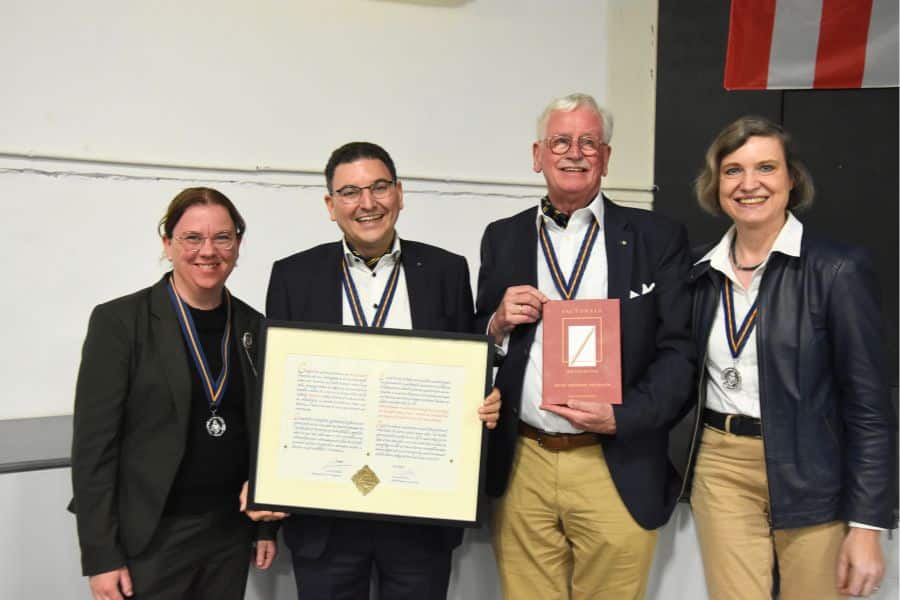 Lindsay Rasenberg-de Nijs, Martin Rasenberg, Bauke van Halem and Arda van Halem-Romeijn restore Het Vreugdendal, the rhetoricians’ chamber in Breda, to its former glory during the fortieth International Rhetoricians’ Congress in Bruges.
Lindsay Rasenberg-de Nijs, Martin Rasenberg, Bauke van Halem and Arda van Halem-Romeijn restore Het Vreugdendal, the rhetoricians’ chamber in Breda, to its former glory during the fortieth International Rhetoricians’ Congress in Bruges.© Willy De Meyer
The history of Het Vreugdendal illustrates well the vicissitudes of many chambers in the Low Countries. “In the course of its history, the chamber has been re-established as many as five times”, says Van Halem. “The last time it was cited in documents was around 1910. After that, it was dormant until we decided to revive it again.” For the relaunch, Rasenberg and Van Halem had to obtain approval from the association to present themselves as a chamber. “Above all, you have to show that you have it in you to sustain the chamber for a longer period and to promote the art of rhetoric”, says Rasenberg. The gentlemen certainly succeeded. During the congress in Bruges, the new chamber was solemnly inducted into the association.
Van Halem describes the chamber’s good and bad years in the book Factorale, a history in verse form. “In my poetry, I try to avoid the straitjacket of fixed-form poetry. The fun is in finding original descriptions within the fixed frameworks. The rhetoricians sometimes went very far in inventing bizarre verse forms, but I keep well away from that. A classic and a retrograde acrostic are about my most daring.”
What place do the men see for rhetoric in the modern literary landscape, with its literary festivals, poetry slams and podcasts? “For us, the beauty of the language is paramount. We want to hang onto the tradition but work on it. Language is not carved in stone. We rhetoricians have a sense of history and heritage that we want to preserve, but we also want to work with it creatively.”
Besides, it does not look as if it will be possible to follow a course in creative writing for rhetoricians in the near future. A certain affinity with Dutch and its literary tradition appears to be assumed. So, there’s no chance of a poetry slam along the lines of the seventeenth-century model. But the new chamber of rhetoricians in Breda will participate in the Nassau Days, when the city celebrates its history as the City of Orange, just as their early-modern predecessors were also present on official occasions.
Maarten Rasenberg, rhetorician from Breda: ‘It’s noticeable how often lawyers express an interest. They are naturals at the art of persuasion through language’
The search for members is now open. “It’s noticeable how often lawyers express an interest”, says Rasenberg. “Of course, they are people who work with language professionally, and they are naturals at the art of persuasion through language. But, obviously, that doesn’t mean to say that only lawyers can become members. We’re looking for people who like to play with language, that element of play should not be neglected.”
That the attention to Dutch in education is waning bothers the rhetoricians. “Recently a girl who was about to start high school said that, as far as she was concerned, Dutch was something she ‘was obliged to do’. Nobody had ever told her all the things you can do with language, how much pleasure there is to be had with it. Once she had had a taste of it, she was immediately enthusiastic. She might perfectly well join the chamber later.”
Tradition in Vilvoorde City
Meanwhile, rhetoric is flourishing in places you would not suspect. In Vilvoorde, for example. Here, a stone’s throw from Brussels, the local chamber of rhetoric, De Goubloem, is enjoying a revival too. It is no coincidence that it is also the oldest cultural society in the city, with a history that goes back to 1493.
Over the centuries, De Goubloem has had its highs and lows, like many other chambers. “For years, De Goubloem was primarily a drama society”, says its leader, Luc Adriaenssens, for whom membership of the chamber is a family tradition. “In recent decades we have added two elements: we highlight our society’s heritage, including a statue of St. Anne from 1679, and we participate in the Brussels Ommegang (a traditional parade) with our own giant.” The members of the society don their historical costumes for the occasion and set off for the capital to commemorate the joyful entry of Charles V into the city, in 1549. Their leader adorns himself with a braak, a silver-studded chain of office dating from 1624. Nevertheless, De Goubloem wants to give a modern twist to the time-honoured subject of rhetoric.
In the aftermath of the COVID pandemic, the Vilvoorde rhetoricians decided to showcase literature again in the form of literary evenings linking language (poetry, prose, theatre, etc) and present-day Vilvoorde. “If you look at the history of the rhetoricians, you see that the focus of their meetings was language, but in their texts and the plays they organised on pageant wagons, you can also read societal criticism and commentary that found an outlet in the art of language”, says Adriaenssens.
Luc Adriaenssens, rhetorician from Vilvoorde: ‘In the old texts and the plays on pageant wagons, you can also read societal criticism and commentary that found an outlet in the art of language’
The venue is not a medieval upstairs room, but a cheerful coffee bar a stone’s throw from the market square of Vilvoorde. On the programme: journalist and podcaster Marjan Justaert and author and activist Lieven Miguel Kandolo. Add a dash of music and they are ready. The talking points are emphatically topical. Kandolo talks about Yaya na Leki, the book he wrote with Moussa Don Pandzou about his experiences as a young person in Vilvoorde with Congolese roots. He talks about the blessings of diversity, before a more or less all-white middle-aged audience. Justaert explains how she, as a journalist and native, looks at this municipality which, although adjacent to Brussels, is not part of it. City of Pjeirefretters (horse meat-eaters, the nickname of the city’s inhabitants) and aspiring jihadis (Vilvoorde was the Belgian city with the highest number of Syrian fighters), of industrial traumas (the closure of the Renault factory in 1997) and exuberant annual fairs.
With its emphasis on current affairs and non-fiction, this gathering is a somewhat atypical digression for the reawakened Vilvoorde rhetoricians. At previous editions, the focus was still more on literature. The Vilvoorde poet Jurgen Masure recalls the resurrection of De Goubloem in an ode: “Van 1793 tot nu en hier / was goubloem ja als kamerwaar / het zenneverhaal in houbloems taal / oh kundig zo staats uitgedragen / als voordrachts / ideaal.” “From 1793 to here and now / goubloem [marigold] was the chamber’s currency / the [river] Zenne’s story in goubloem’s language / so skilfully so majestically expressed / as recitation / ideal.”)
Intangible heritage
Since 2017, the rhetoricians’ culture in Flanders has also been designated intangible heritage. That obliges the societies to engage in conservation as well, to show themselves to the outside world and, if possible, to re-establish dormant chambers. The biggest challenge at the moment, as with so many societies, is the search for new members to succeed today’s aging stalwarts.
In the meantime the current generation of rhetoricians seem to be enjoying themselves very well – rederijkers, kannekijkers – rhetoricians, drinking pals, no? It should be no surprise that the collective dinner at the end of the congress in Bruges overran so much that the planned Belgium-Netherlands quiz was abandoned. It has been postponed till next year. See you in Breda, with the new colleagues from Het Vreugdendal.


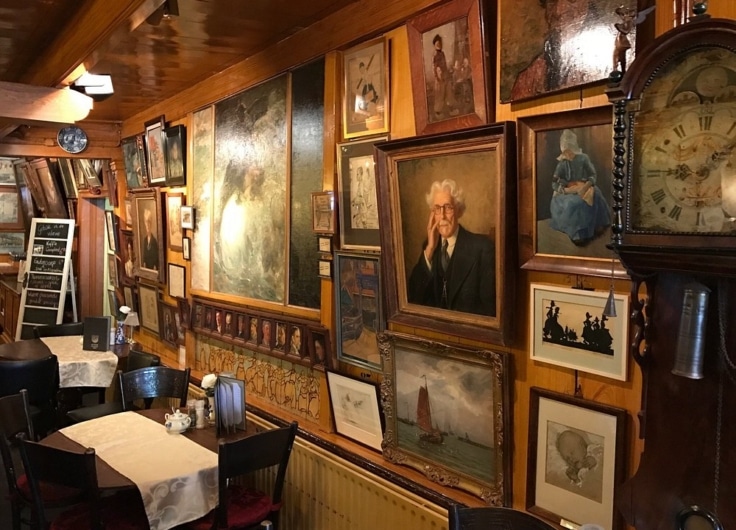
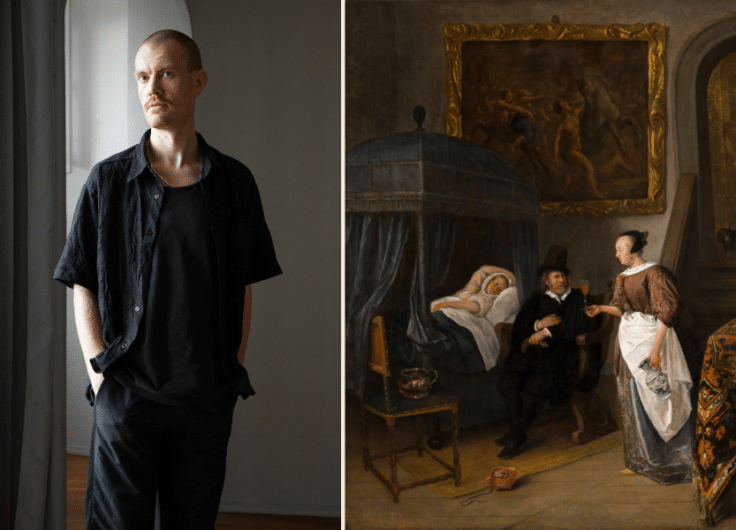
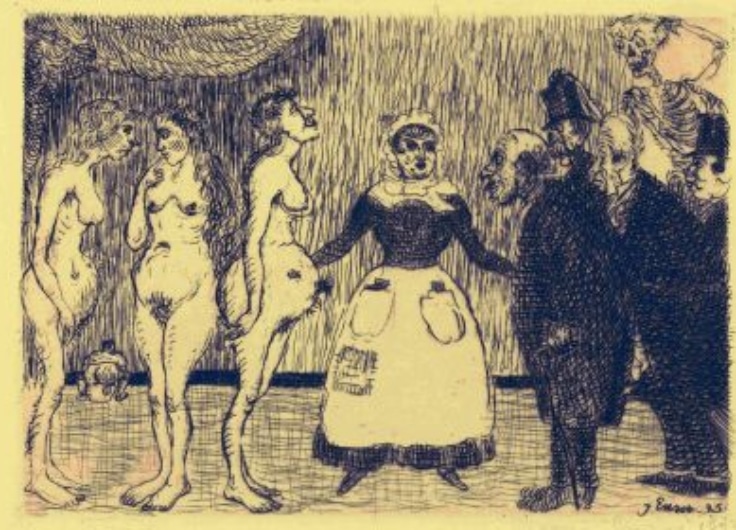
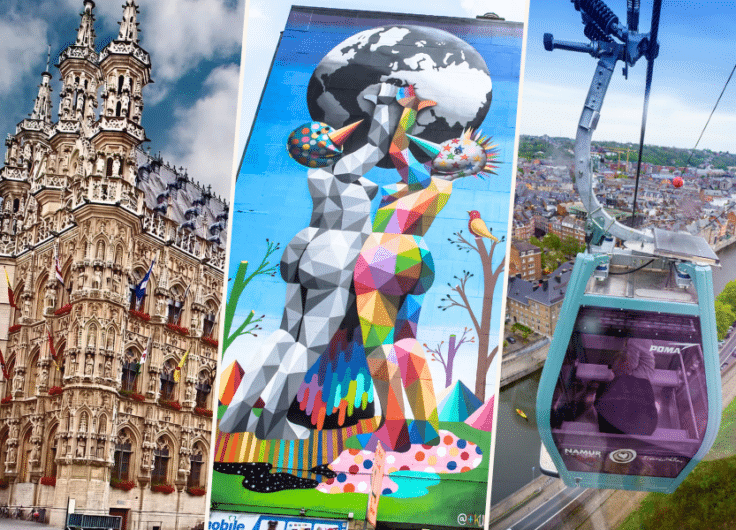

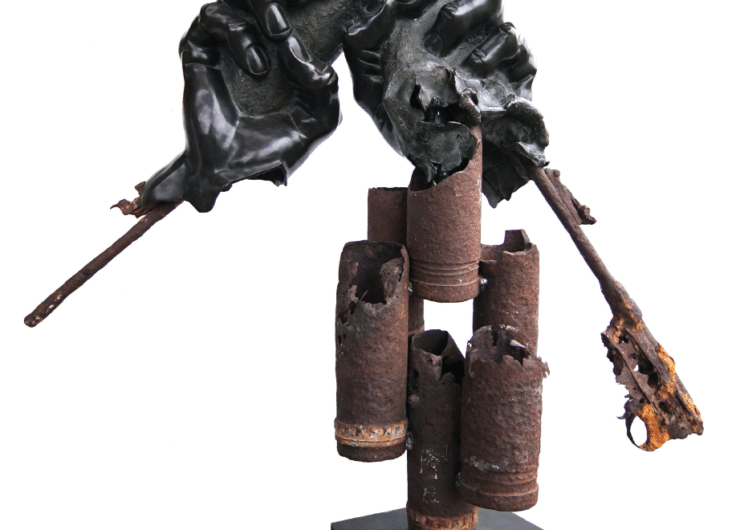
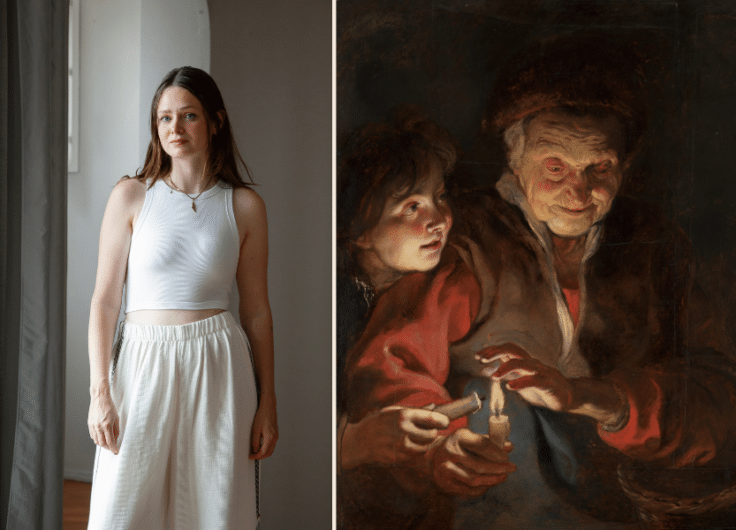
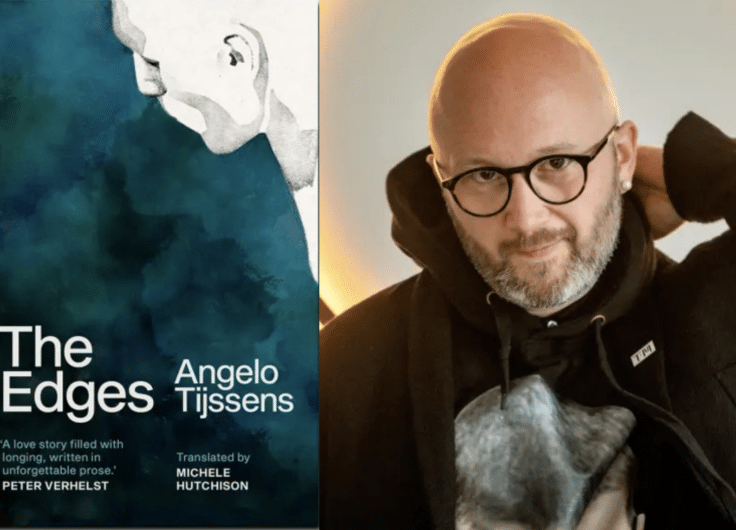



Leave a Reply
You must be logged in to post a comment.